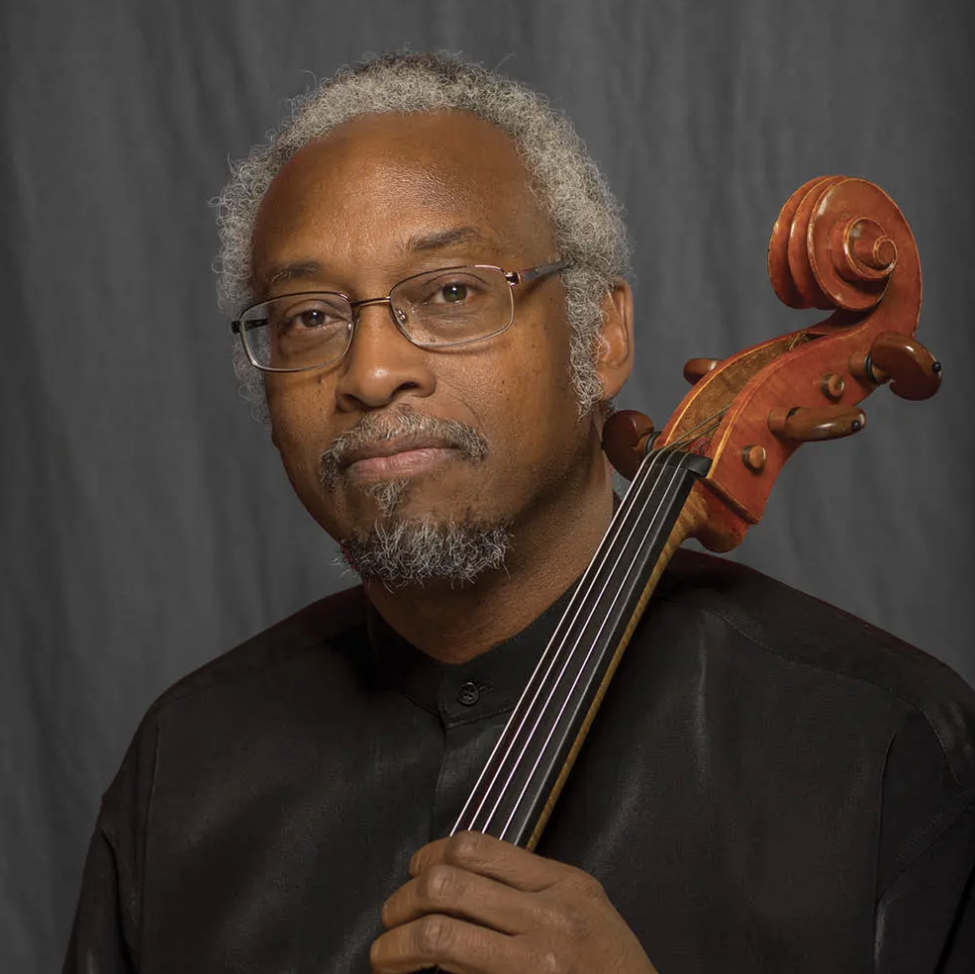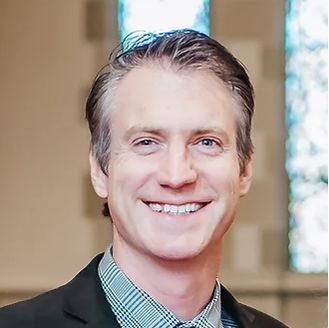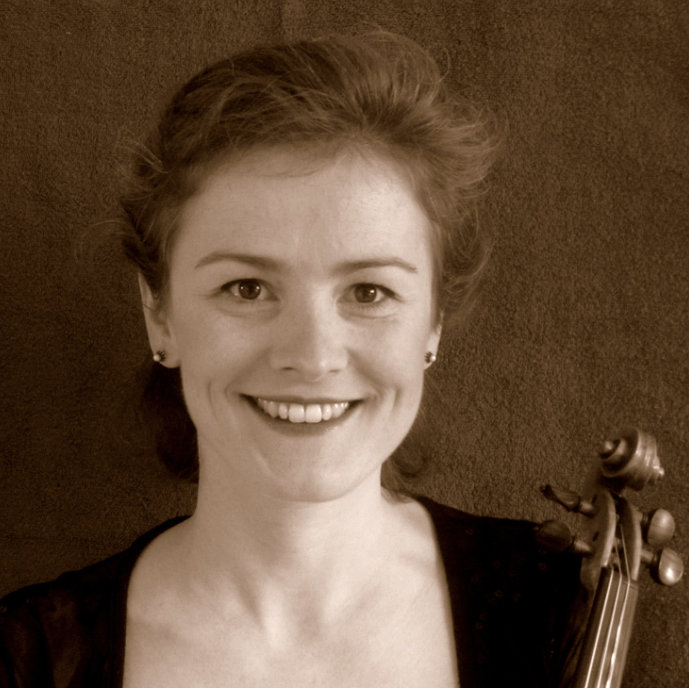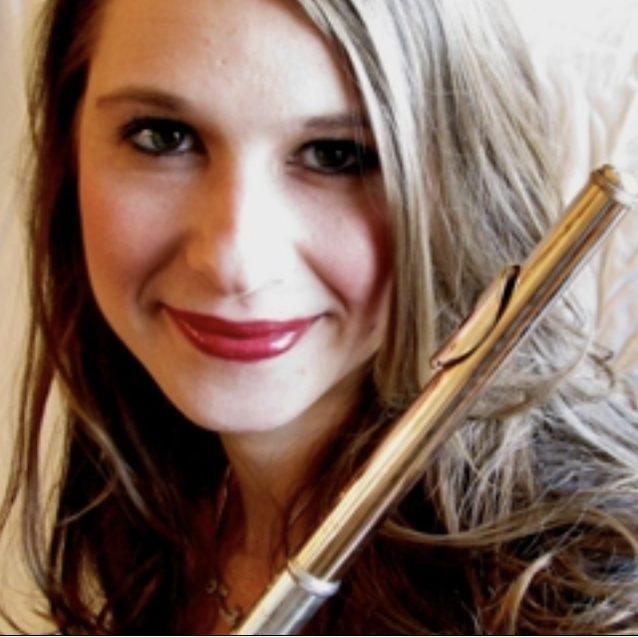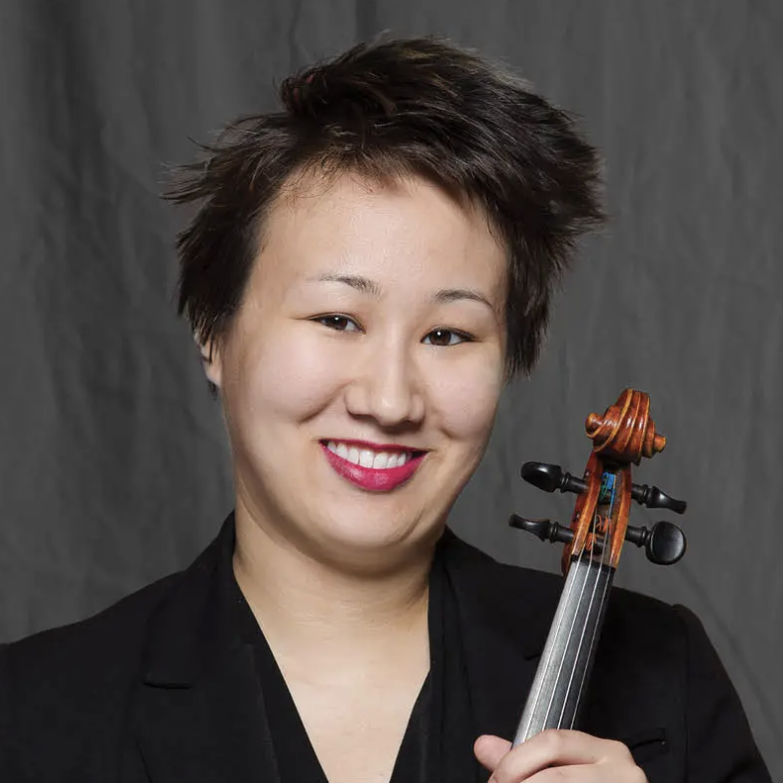Program
Jacques Ibert: Deux Interludes for Flute, Violin and Piano
I.Andante espressivo
II. Allegro vivo
Nino Rota: Trio for Flute, Violin and Piano
I. Allegro ma non troppo
II. Andante sostenuto
III.Allegro vivace con spirito
Brahms Piano Quartet no.1 in G minor Op.25
I. Allegro
II. Intermezzo: Allegro ma non troppo – Trio: Animato
III. Andante con moto
IV. Rondo alla Zingarese: Presto
I.Andante espressivo
II. Allegro vivo
Nino Rota: Trio for Flute, Violin and Piano
I. Allegro ma non troppo
II. Andante sostenuto
III.Allegro vivace con spirito
Brahms Piano Quartet no.1 in G minor Op.25
I. Allegro
II. Intermezzo: Allegro ma non troppo – Trio: Animato
III. Andante con moto
IV. Rondo alla Zingarese: Presto

